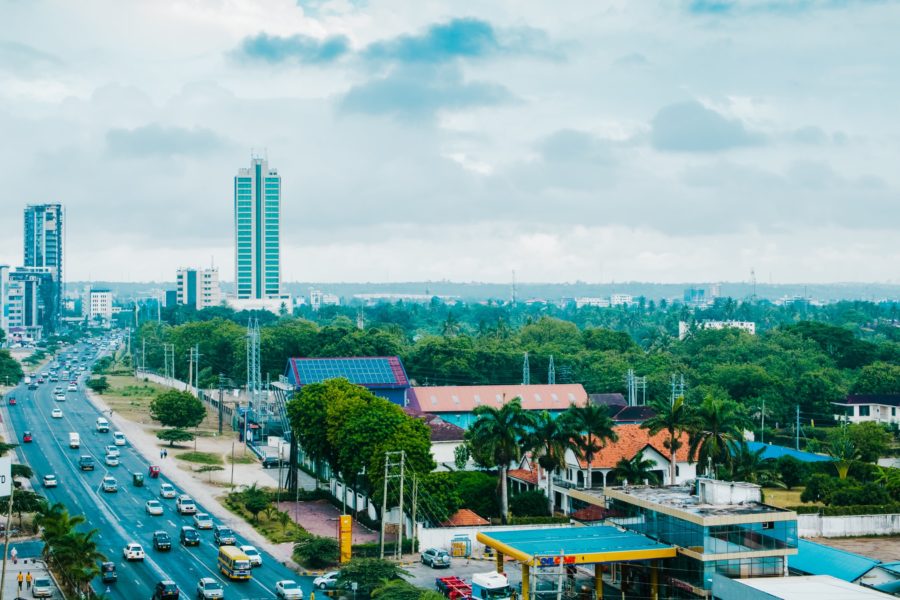Source:
Gathered from available literature
Quantification of economic and environmental benefits of faecal sludge derived compost and briquettes using the REVAMP tool: The case of Dar es Salaam, Tanzania
In recent years, the concept of resource recovery from waste, particularly faecal sludge (FS) has gained much attention and popularity. The aim of this study is to quantify/estimate the economic and environmental benefits of nutrients and energy that could be recovered from FS. The empirical data come from three unplanned settlements of Dar es Salaam City; Keko, Kipawa and Manzese. Two different FS resource recovery scenarios were assessed, namely nutrients and energy. The resource value mapping (REVAMP) tool was used to quantify benefits of nutrients and energy/solid fuels recovered from FS. The results indicate a daily economic benefit from FS recovery, ranging between 680-950 USD for energy and up to 7,000 USD for nutrients recovered, depending on the composition.
The co-composting of FS with organic waste to recover nutrients was found more profitable than FS derived briquettes. The environmental benefits, beyond the disposal of untreated FS into the local environment, include a potential saving of up to 5 hectares of forest area when substituting the use of wood charcoal with FS-derived briquettes for domestic cooking energy needs. Even here, co-composting FS is estimated to be more profitable than FS derived briquettes. The study concludes that to obtain FS derived briquettes with high calorific value, FS should be co-fuelled with other feedstock materials. Guidelines and standards for safe re-use of FS derived products should be developed, adapted and information campaigns and demonstration sites to illustrate the economic and environmental benefits of resource recovery from FS for energy and agricultural purposes should be made available to relevant stakeholders.
Authors: Isabela Thomas Mkude, Richard Kimwaga, Sara Gabrielsson

